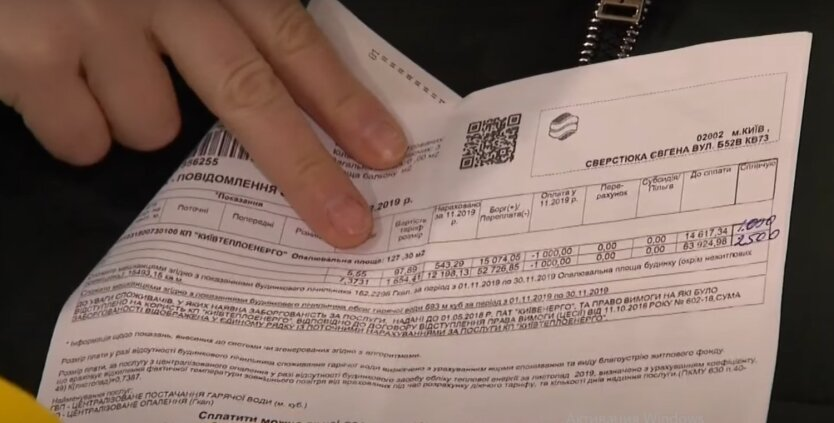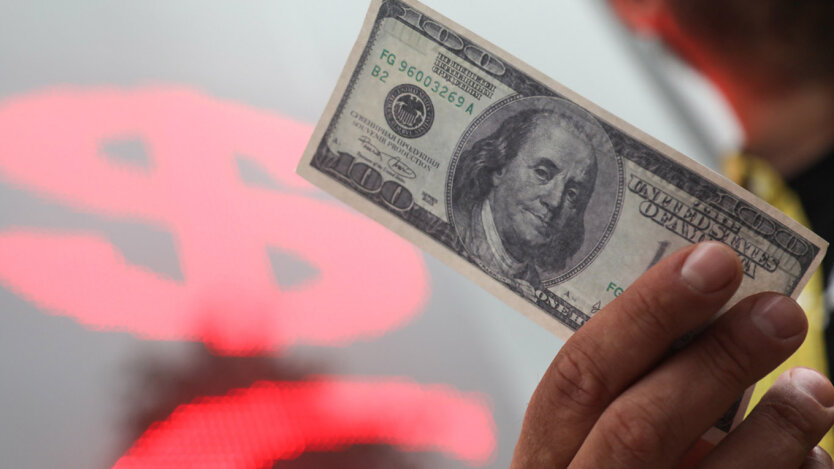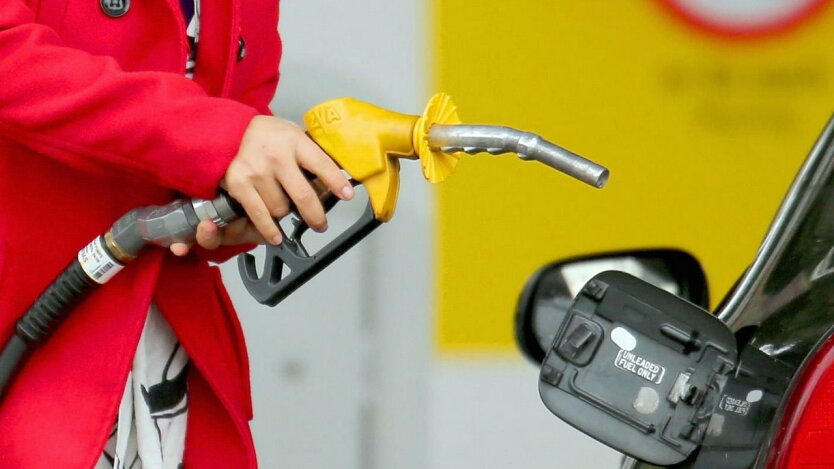The expert revealed the critical situation with the debts of regional energy companies in Ukraine.


The debts of municipal enterprises for electricity threaten a crisis in the field of municipal services
Ukraine faces a rapid increase in the debts of municipal enterprises for electricity, which may have serious consequences for the field of municipal services. This was stated by energy expert Oleg Popenko in his Telegram channel.
According to him: "We return to the criteria of 100% readiness for the heating season in Ukraine. Next in line are the debts of municipal enterprises for electricity".
According to the expert, in Kharkiv, the debt of municipal enterprises to "Kharkivoblenergo" has increased by 12% since the beginning of 2024, reaching "2.43 billion UAH as of October 1".
The largest debtor is CE "Kharkivvodokanal" with a debt of 1.86 billion hryvnias. At the same Time, the company pays only "12% of the charges for electricity distribution services". The second place is occupied by CE "Kharkiv Heating Networks" with a debt of 563.7 million hryvnias.
Oleg Popenko emphasized that this problem does not only concern the Kharkiv region.
The total debt of state and private regional energy companies is about 26 billion UAH
The expert warned that if measures are not taken to stabilize the payment for the services of regional energy companies, water utilities, and heating companies at the state level, as well as strengthen the work of law enforcement agencies, this may lead to these enterprises ceasing their activities. As a result, we will be left without water, heat, and other communal services.
Read also
- Ukrainians were told how much they would have to pay for 100 dollars: exchange rate until the end of the year
- Zelensky learned from Budanov about the provocations prepared by Putin
- Drivers explained what will happen to the engine if mixing A-95 and A-98 gasoline
- Zelensky introduced sanctions against fugitives: the lists included Dmytruk, Onyshchenko, and others
- TCU anew, the capture of Sumy region, Ukraine's counteroffensive: Syrskiy made a number of statements
- Sale of housing or cars: Ukrainians explained whether displaced persons will retain benefits










